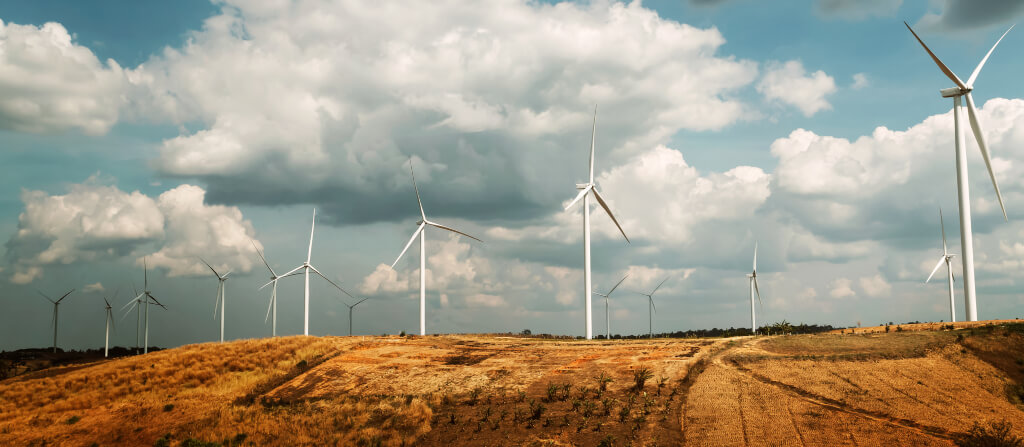South Africa has accepted China’s offer of 66 GW of solar and wind power equipment for use in government facilities. The fight against load-shedding in South Africa will receive a significant boost from this. This move is part of a larger effort to foster more energy cooperation between the two nations.
The first China-South Africa New Energy Investment and Cooperation Conference took place in Sandton, and it was there that this groundbreaking development was debated. The event was confirmed by Chen Xiadong, the Chinese ambassador to South Africa. According to him, this project is a huge deal since it is the “historical task of the energy transition,” which will help strengthen bilateral ties and solve South Africa’s energy crisis. He also said that the idea would be a big help in solving South Africa’s energy problems.
Amid the Energy Crisis, a Green Ray of Hope
As South Africa attempts to overcome an ongoing energy problem, the country increasingly experiences blackouts of the electricity supply. Chen Xiadong said, “China very much relates to the challenges here and we are ready to provide support to South Africa within our capacity.” This statement emphasised China’s awareness of the struggle. Because China can empathise with the difficulties, Chen Xiadong was able to articulate China’s understanding of the struggle.
This timely initiative is consistent with the international trend toward renewable energy sources and offers a permanent solution to South Africa’s limited electricity supply. Experts agree that having access to energy is crucial to a thriving economy and that the future lies in developing cleaner, greener methods of generating electricity.
The Future is Full of Promise for Public Organisations
Kgosientsho Ramakgopa, South Africa’s Minister of Electricity, said the country much appreciated the donation of equipment. Keeping the High Court’s ruling that exempts government buildings from blackouts, he said, would be greatly aided by this. This is crucial since hospitals and schools are among the institutions hardest hit by load shedding.
This coming week, the Minister plans to meet with six of the largest solar equipment producers in China. Social media users have reacted in several ways to this development, with many expressing concern over China’s growing meddling in South African politics.
Following in the Footsteps of Mozambique, China Has Decided to Join the Fight
China’s proposal comes shortly after Mozambique’s, both of which aim to supply South Africa with 1,000 MW of gas-fueled electricity. Since our assistance will result in a one-stage decrease in rolling blackouts, the people of South Africa will feel a great deal of comfort.
Ramakgopa is also going to Vietnam to study the country’s successful implementation of a feed-in tariff and policy that promotes investment in renewable energy.
These projects offer a glimmer of hope in the fight against the energy crisis facing South Africa, even though many people there are still dubious of the consequences that international support could have on the sovereignty of their nation. These efforts must be conducted openly and honestly if we’re going to keep the public’s trust and ensure the nation’s long-term energy security.
In the face of South Africa’s energy crisis, the intervention from international partners like China and Mozambique is a significant stride towards sustainability and resilience. While these partnerships offer hope for immediate relief and a long-term solution, it’s critical to approach these collaborations with caution.
A degree of skepticism is observed among the public, primarily stemming from concerns about sovereignty and dependency. It’s therefore vital for the South African government to ensure transparency and accountability in implementing these projects. Proper management of these collaborations, accompanied by a comprehensive domestic strategy for renewable energy, can help prevent dependency and ensure South Africa’s energy sovereignty in the long run.
Furthermore, it’s essential that any agreements signed not only cater to the country’s immediate energy needs but also align with its long-term energy transition goals and economic development. These are necessary steps in ensuring the aid becomes a beneficial partnership and not just a quick fix with potential long-term drawbacks.
About The Author:
Lebohang Mokoena is an award-winning journalist with over a decade of experience in business reporting. She specialises in innovation and technology in South Africa and beyond. Lebohang holds a Master’s degree in Journalism and has previously worked for top-tier publications before joining Africa Nova.




